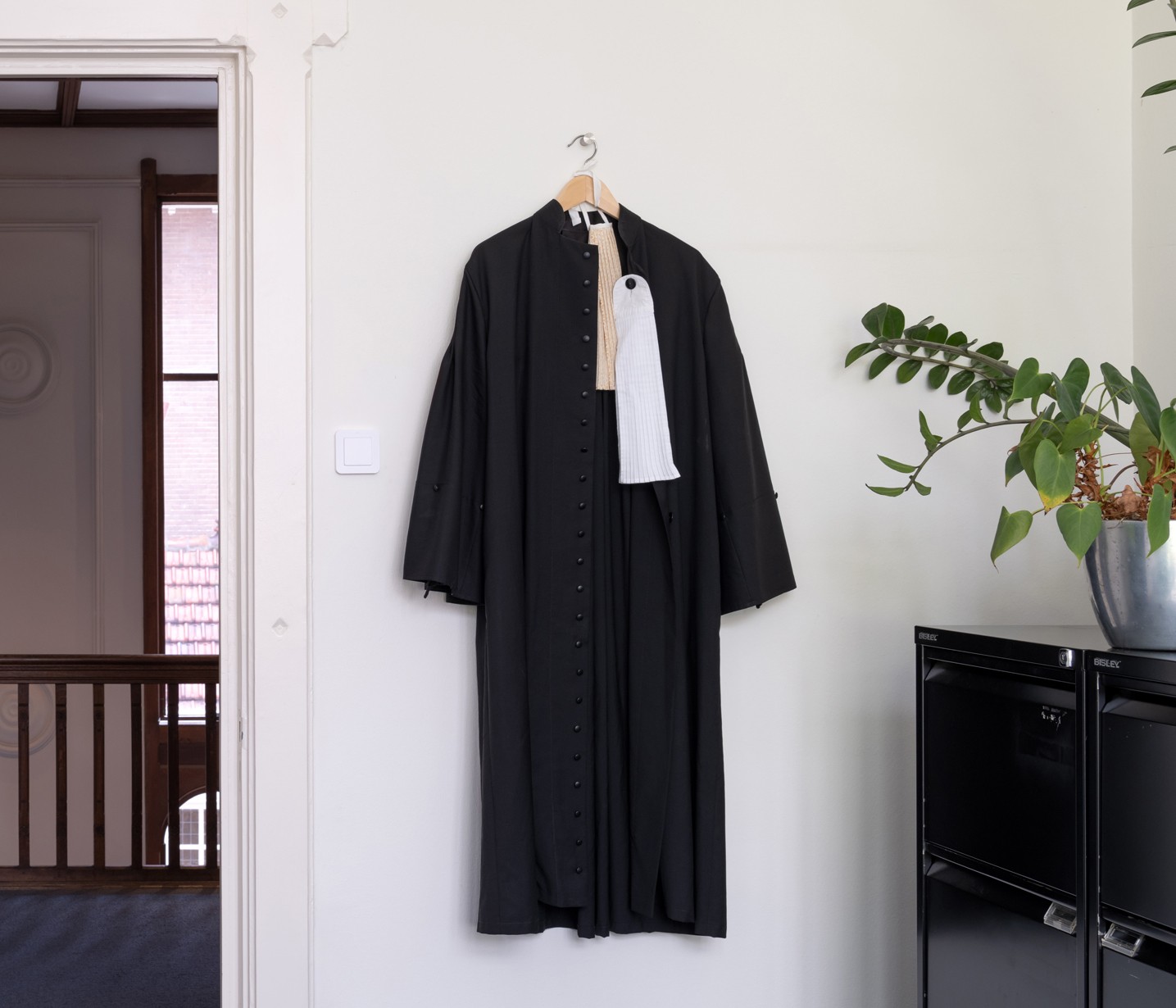8 Myths about Dutch law – busted
Truth or fiction? Our legal experts dispel some common misunderstandings about Dutch law.
1. Dutch law does not apply to expats – the law of your own country applies
MYTH. If you live in the Netherlands, Dutch law applies to you in one way or another: at work, at home, on the roads or in business. That is a good thing, because Dutch law gives you a lot of freedom and strongly protects your rights.
2. If your landlord sells the property, the new owner can end the lease immediately and use the house themselves
MYTH. A new owner who wants to use the house himself or herself (“urgent own use”) can only terminate the lease three years after they have notified the tenant in writing that they are the new owner.
The fact that the property is sold does not end your lease. If the new owner wants to terminate the lease, they are bound by the legal rules for termination, the same as your previous landlord.
3. If you are an expat, you can’t get a Dutch divorce
MYTH. There are a few exceptions, but in most cases it is possible to get divorced in the Netherlands. This is true even if you do not have Dutch nationality, and even if you were married in another country.
If you can get divorced in more than one country, applications will be treated on a “first come, first served” basis. Therefore, if you wish to get divorced in the Netherlands, you must apply for divorce in the Netherlands first. If your future ex-spouse has already filed for divorce in another country, then it is too late for you to get a divorce in the Netherlands.
You may also enjoy: the Top 10 FAQ about divorce in the Netherlands
4. After divorce, you can move back home with your children without asking your ex
MYTH. After parents separate, one of them may wish to return to their home country or move to another country with their children. However, if there is joint parental authority, then this is not allowed without the consent of the other parent or consent from the court. If a parent takes their child abroad without getting consent from the other parent or the court, it constitutes child abduction.
Even if you are just going on holiday, you need the written consent from the other parent first. Officials at Schiphol frequently ask for this written consent before allowing parents to travel with their child. If the other parent refuses, you can request permission from the court.
5. If you get fired or made redundant, as an expat there is nothing you can do
MYTH. Employers cannot simply dismiss an employee on a permanent contract due to redundancy for business economic reasons. They must first request and receive permission from the UWV (Employee Insurance Agency).
If you are dismissed without UVW permission, or you are fired on the spot, threatened with dismissal, or if you are dismissed while pregnant or on long-term sick leave, call a lawyer for advice. Do not wait – there are strict timelines to challenge the dismissal.
Learn more about Dutch law on dismissal
6. The correct notice period for leaving a job is 30 days
MYTH. Most Dutch employment contracts stipulate a notice period of one month. For many expats that would seem like 30 days, not a calendar month. In fact, you should submit your notice by the last day of the preceding month. So, if you wanted to start a new job on 1 December, you would need to give notice at your current job by 30 October.
7. It is difficult and expensive for an expat to open a business in the Netherlands
MYTH. Whether you are a Dutch citizen or an expat, the rules and requirements to open a business in the Netherlands are the same. You’ll also be pleased to hear that this process has become much easier in recent years. The Dutch government has made an English checklist for starting a company.
The difference is that expats often need more specialist advice, for example with selecting the best business form, and creating suitable contracts, terms and conditions. A lawyer can help you with this.
8. You need a lawyer to make a will or a prenup
MYTH. There are many reasons to consult a lawyer in the Netherlands, from non-compete clauses, work conflicts or dismissal to issues after buying a house, intellectual property infringements, divorce and liability. But you do not need a lawyer to make a will nor to create a prenuptial agreement.
In the Netherlands, only a civil law notary is allowed to make legally valid wills and prenuptial agreements.
Further information
If you would like to know more about something you read, or you have a related question, please contact us for assistance.
This article was first published on IamExpat


